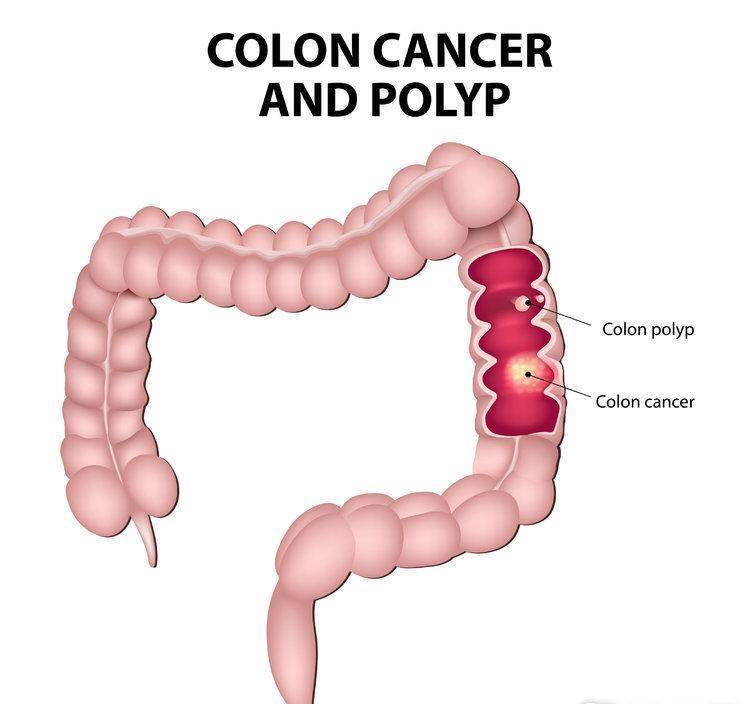
Colon polyps are a very common disease, and many people don't pay attention to it in life. But it is wrong to think so. Many colon cancers are caused by colon polyps.
Do colon polyps cause cancer?
What we need to understand is that colon polyps do not necessarily turn into cancer. Colon polyps are divided into two types: non-neoplastic and adenomatous. Generally, non-neoplastic polyps will not convert into cancer. Adenomatous polyps are precancerous lesions.
When suffering from such polyps, the possibility of becoming cancerous is very high.

On the one hand, there are more people suffering from polyps in life. Older people are more likely to suffer from polyps. Polyps in some children are caused by poor embryonic development.
On the other hand, the occurrence of colon cancer is closely related to dietary habits in daily life.
People who regularly consume high-fat foods and have insufficient dietary fiber intake are more likely to develop colon cancer. In addition, people who have had chronic colitis, colon polyps, and those with a family history of colon cancer are more likely to develop colon cancer than normal people.
It can be seen from the above that colon polyps may transform into colon cancer, but not all will transform.
The article is not finished. Click on the next page to continue.
The article is not finished. Click on the next page to continue.
Next page


















